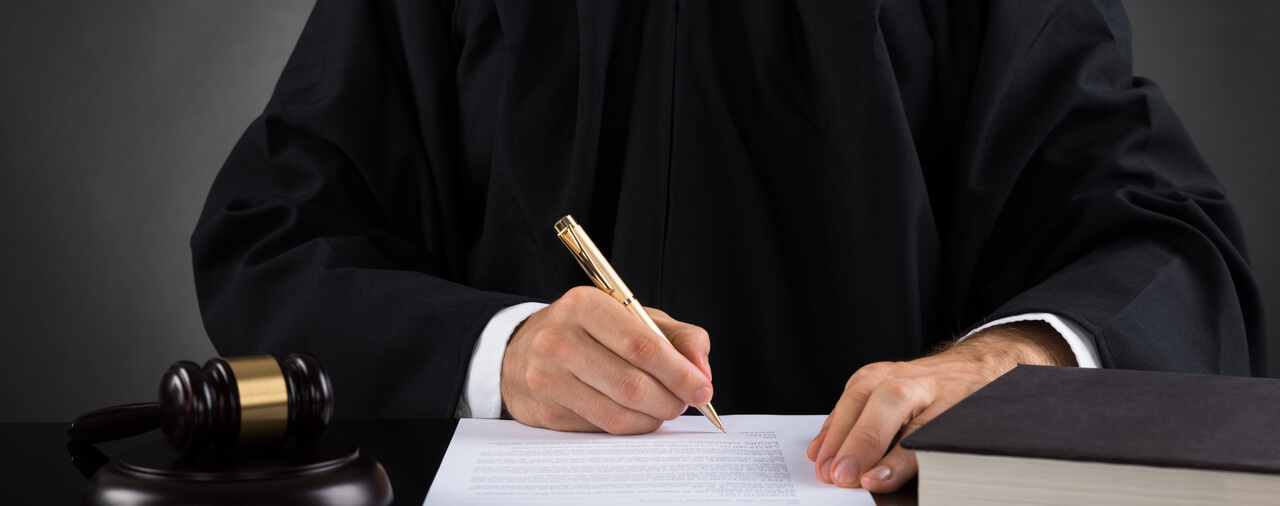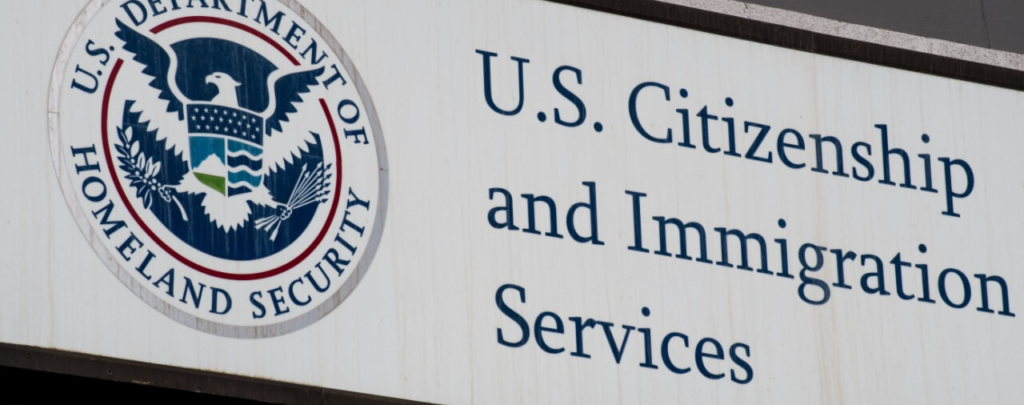Introduction
On March 3, 2017, Reuters reported that it had been informed by the Executive Office of Immigration Review (EOIR) that President Trump’s federal hiring freeze would not apply to immigration judges. In this article, we examine the background of the hiring freeze and the decision to exempt immigration judges.
The Federal Hiring Freeze
On January 23, 2017, President Donald Trump signed the “Presidential Memorandum Regarding the Hiring Freeze” [link]. In the Memorandum, President Trump instituted a freeze on the hiring of Federal civilian employees by the executive branch. While the Memorandum explicitly exempted only military personnel, it did allow for the heads of executive departments or agencies to exempt any positions deemed necessary to meet national security or public safety responsibilities. President Trump ordered the Director of the Office of Management and Budget, now Mick Mulvaney, along with the Director of the Office of Personnel Management, now Beth Cobert, to recommend a long-term plan to reduce the size of the federal workforce within 90 days of the Memorandum, at which time the hiring freeze is scheduled to expire.
Demand for More Immigration Personnel
Shortly after the issuance of the hiring freeze memo, President Trump issued two Executive Orders on immigration regarding border security and interior enforcement, on January 25, 2017 [see blog]. These Executive Orders called for surges in hiring of immigration judges and officers of the United States Immigration and Customs Enforcement (ICE) and the United States Customs and Border Protection (CBP). On February 20, 2017, the Secretary of Homeland Security, John F. Kelly, issued two memoranda regarding the implementation of President Trump’s Executive Orders [see article].
Immigration Judges Exempted from the Hiring Freeze
The extent to which the federal hiring freeze would apply to certain immigration officers was unclear. However, on March 3, 2017, Reuters reported that the EOIR had informed it that immigration judges would be exempt from the hiring freeze [PDF version].1 This decision was made by Attorney General Jeff Sessions, who had determined that EOIR positions can continue to be filled.
Reuters reports that there are currently 301 sitting immigration judges in 58 immigration courts nationwide. Congress has authorized 378 positions. Reuters notes that there are currently “more than 50 immigration judge candidates at various stages of the hiring process.”





